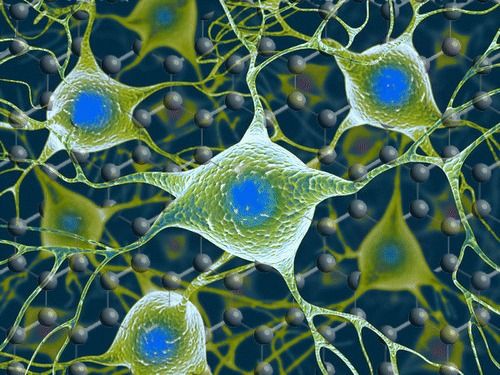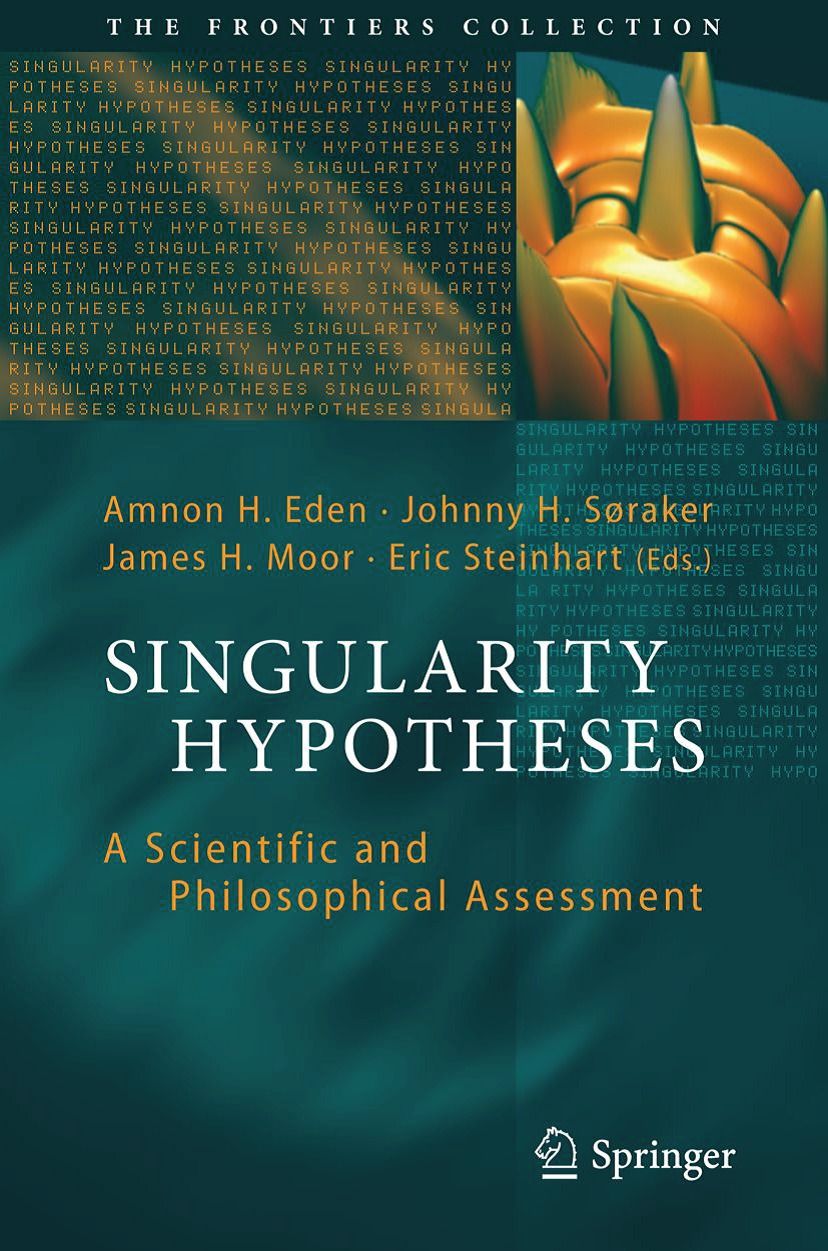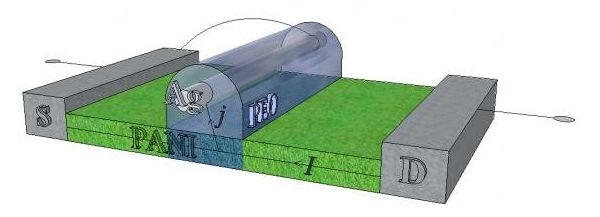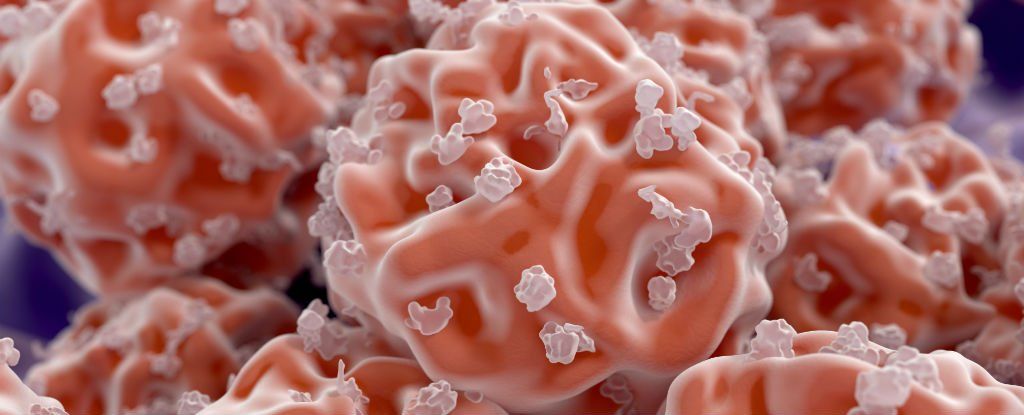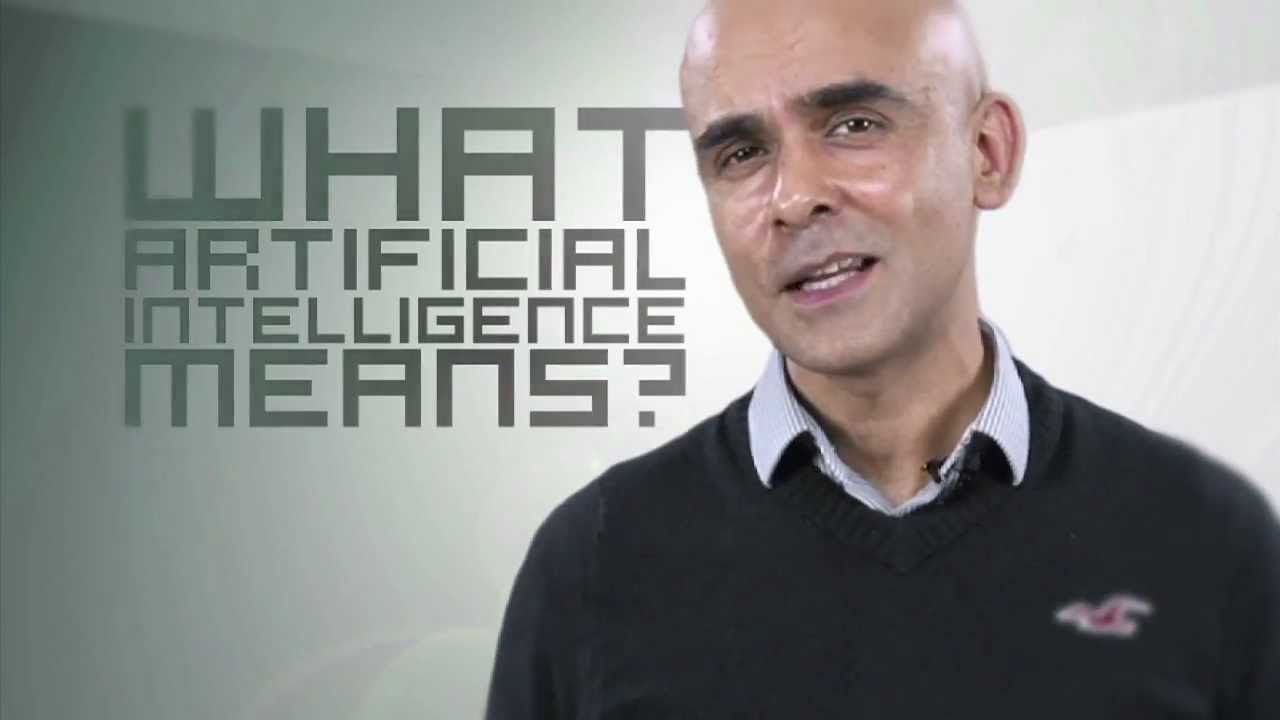
Now, this is intriguing — pathways are a critical part of our system that monitors and manages how our bodies respond and interact to changes in our bodies. This recent SRC report focuses on the researchers efforts in monitoring pathways and how defects in pathways contribute to the biology and pathophysiology of cancer.
Bethesda, MD — This SRC focuses on new developments in the biology of lipid signaling with an emphasis on cancer, neuronal and cardiovascular diseases. The emphasis will be on molecular, cellular, structure/function and enzymatic mechanisms of physiological signaling pathways and how defects in these pathways contribute to the biology and pathophysiology of cancer, neurodegeneration and cardiovascular disease. The focus will be on how diacylglycerol, phosphatidic acid, lysophospholipids, sphingolipids and phosphoinositide lipids modulate specific pathways and processes in the contexts of physiological growth-regulatory signals, intracellular and extracellular vesicular trafficking, regulation of cell polarization, migration, motility and invasion, autophagy and epithelial extrusion, and as nuclear regulators of mRNA processing and gene expression. These sessions will include discussions on how signaling becomes dysfunctional in diseases. There will be presentations on new translational approaches and therapeutic targets. There will be significant representation from the pharmaceutical and biotechnology industry in order to facilitate networking between industry and academia. The topic areas have been chosen to maximize discussion of provocative and important developments.
We particularly wish to encourage the participation of new and junior researchers in the field and are securing additional support to provide PhD/postdoctoral fellow travel awards. Organizers have kept multiple short session speaking slots open. These will be selected from novel advances during 2015–2016 and from submitted abstracts. There will be multiple opportunities for new investigators and postdoctoral fellows to present and discuss their work including at poster sessions, short talks and short 5–10 minute oral ‘research snapshots’ to highlight their submitted abstracts. There will be multiple poster sessions during the conference. Time will also be allocated to at least two “meet the expert sessions” wherein established research leaders will dedicate time to interact with trainees and new investigators, specifically to give advice concerning the science and possible prospects for postdoctoral training, research funding, publishing or employment tracks.
Continue reading “Phospholipid signaling in cancer, neurodegeneration and cardiovascular disease” »
